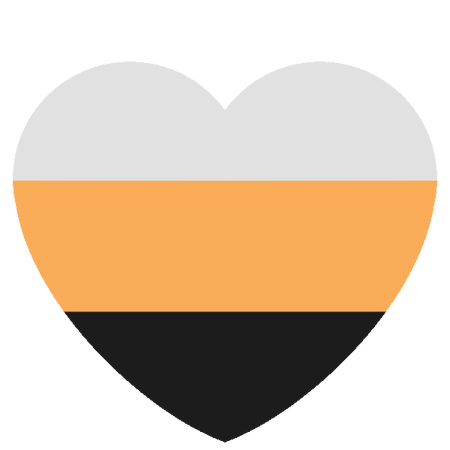Common FAQs
How many alters can a system have? - An alter can have anything ranging from 2 to HUNDREDS of alters! It all depends on the system!
I've heard the term Endogenic and Traumagenic before, what does that mean? - Endogenic systems technically CAN exist (systems formed by means other than trauma, such as a lack of developement in personality, blocked trauma, etc), however it is EXTREMELY important not to group them with Traumagenic systems (systems formed by trauma) for the reason that Endogenic systems do not need the same resources as Traumagenic systems, and oftentimes, are diagnosed with something else other than OSDD/DID. Putting Endogenic and Traumagenic systems together is not only ableist towards both communities, but harmful for both communities.
I've also seen the term Sysmed/Systemmed being thrown around, what is this about? - This has to do with the Endogenic debate, and the term "Systemmedicalist/Sysmed" stems from the "Transmedicalist/Transmed" sort of debate. However, unlike being transmed, sysmeds believe in no Endogenic systems. Please see above as to why Endogenic systems should not be grouped with Traumagenic systems. I personally, am a Systemneutralist, and believe that while Endogenic systems can exist, they should not under ANY circumstance be grouped with Traumagenic systems.
I think I have OSDD, what should I do? - If it is available to you, please talk to your psychiatrist/therapist about this. If not, please do INCREDIBLY entensive research before you self diagnose. I cannot tell you how easy it is to misdiagnose yourself with
OSDD-1a or OSDD-1b. Self diagnosis is always okay if you do not have access to resources! However, please please PLEASE research before diagnosing.
Is OSDD like a multiple people trapped in one body/person, or is it more like different personalities? - It's a mixture of both, depending on who you ask. For me, personally, its mainly multiple people trapped inside one body. But others will say other things!
How can I help OSDD systems? - You can help by spreading this Carrd, or other trustworthy informative sites! Also, decreasing the stigma around the demonization of OSDD systems by telling people the truth- we are like anyone else! We just have a little bit of struggle in our daily life.

